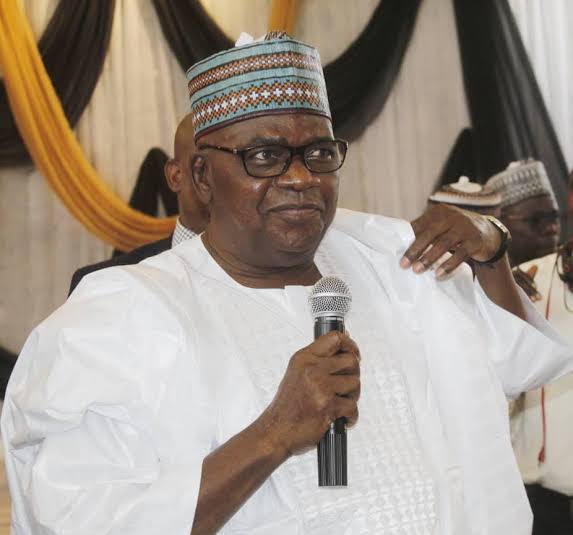The Northeast National Assembly Caucus held a pivotal meeting chaired by Senator Danjuma Goje to reaffirm its leadership and tackle ongoing challenges in the region.
The caucus elected new officers, as they retained Senator Goje as chairman signaling a renewed commitment to the development and progress of the Northeast.
Honorable Muhammed Bello Dabo from Borno State was appointed Secretary. Senator David JimKuta Yaro was elected as Publicity Secretary, with Senator Binos Yaro from Adamawa State taking on the role of Treasurer. Honorable Hadiza Abba was named Financial Secretary, demonstrating the caucus’s commitment to gender representation in leadership.
During the meeting, members celebrated the establishment of the Northeast Development Commission, which has played a significant role in supporting disaster victims throughout the region, particularly those affected by flooding and insurgency.
The lawmakers acknowledged the recent catastrophic flooding in Borno State and expressed their intent to provide targeted assistance to impacted communities.
The caucus also reviewed the current security landscape in the Northeast, noting a decrease in Boko Haram activities due to collaborative efforts with local stakeholders. The lawmakers remain optimistic that ongoing initiatives will lead to lasting peace and stability in the region.
Looking to the future, the Northeast Caucus promised to leverage past achievements to enhance development initiatives and address the pressing needs of their constituents.


